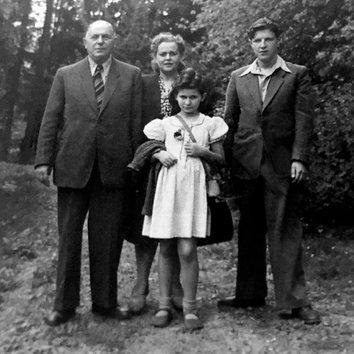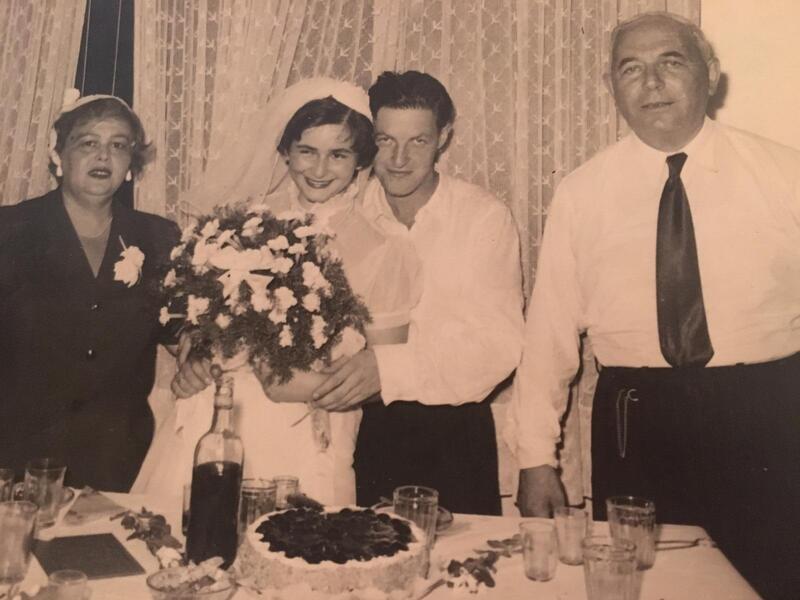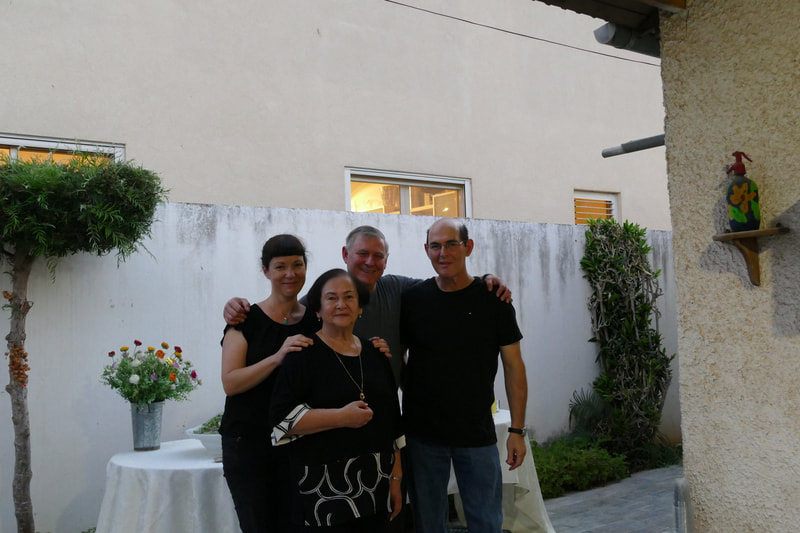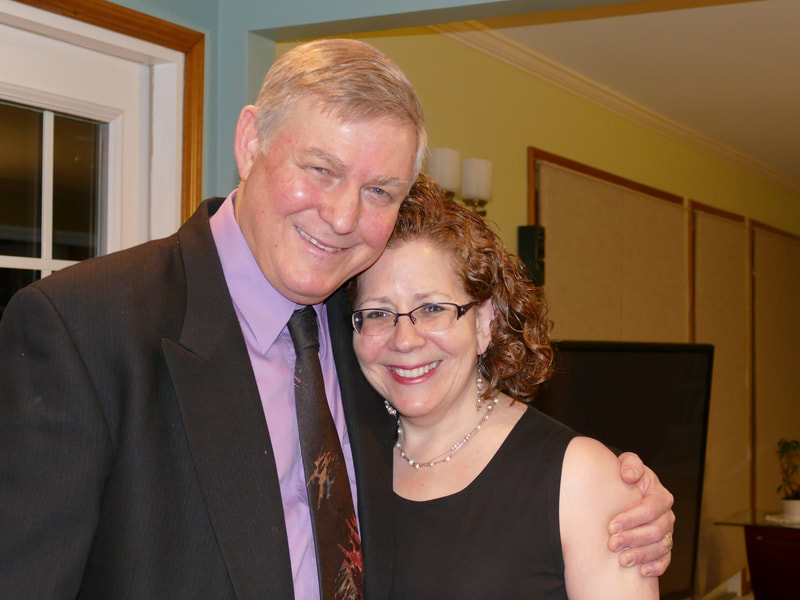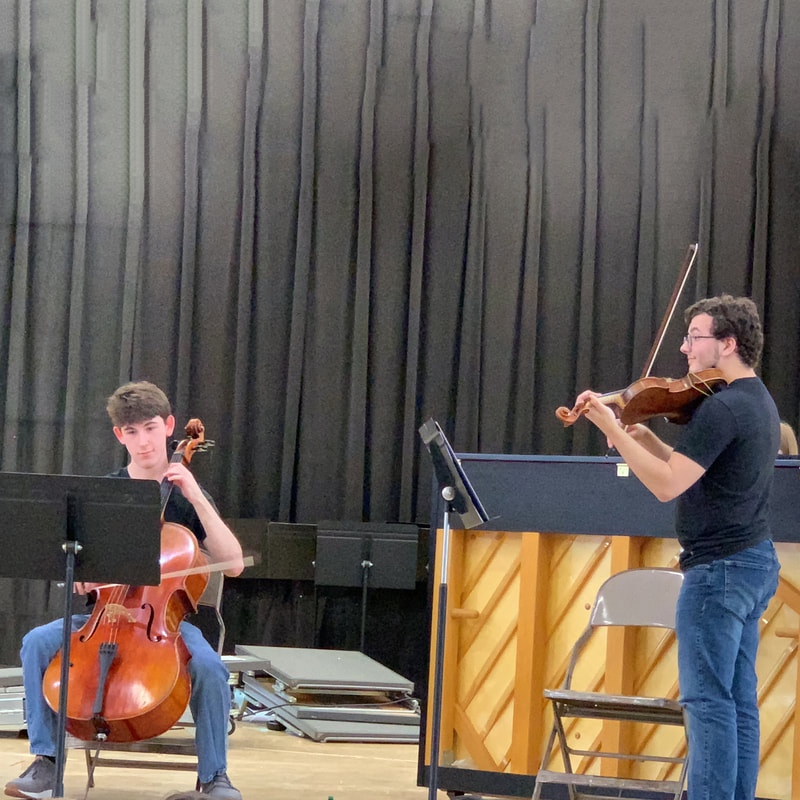Chapter 3: Drinking from a Half-Full Broken Glass
By Avishay Hayut, son of Aliza and Aharon Chajut
It recently dawned on me that we might think of Kristallnacht as a metaphor for the lives of the second-generation children of survivors. Kristallnacht, the Night of Shattered (Broken) Glass, took place on November 9 and 10 in the year 1938, and spread its virulence across Nazi Germany. During that horrific event, Jewish establishments including stores, schools, hospitals, and synagogues were attacked by German paramilitary and members of the Nazi Party. Glass was shattered everywhere and fires were set to destroy heaps of books and sacred Jewish scrolls along with buildings. This was the thunder and lightning before the storm of what we call the Holocaust. When we try to uncover the hidden stories of our families’ experiences during and after this calamity, it’s like trying to excavate the archeological artifacts of our parents’ silence. Just as the shards of glass cannot be put back together and the burnt pages of books can’t make whole books again, we can never recover the whole truth of what happened to our family members lost during the Holocaust. In some cases, even those who survived took their secrets with them to their graves, trying to protect themselves from the pain of reliving their experiences, as well as others from the horror of hearing about what happened. Yet, those of us who came after often feel compelled to seek to unearth their stories from the broken glass and charred embers—even though we may become scarred with emotional cuts and burns too. This past Holocaust Memorial Day, my sister asked if any of us—my mother, my brother or myself—remembered the name of our father’s brother, whom we’d never met. He had been killed at the age of ten, shot with his mother by the Nazis, as they were rounding up women and children as one of the final cleansing actions in the Vilnius Ghetto. To whom do we refer when we have no name? I remember seeing a picture of my father’s mother and brother in my parents’ bedroom in the house where my mother still lives. A black-and-white photo of mother and child almost expressionless. I think it had been under the mirror, but it wasn’t there when I last visited. I don’t recall if my father ever said his brother’s name, if we ever even asked. In the Jewish tradition you name someone after a relative who has died. My poor uncle has no one named after him. His name is lost in the ether of a dark history. |
